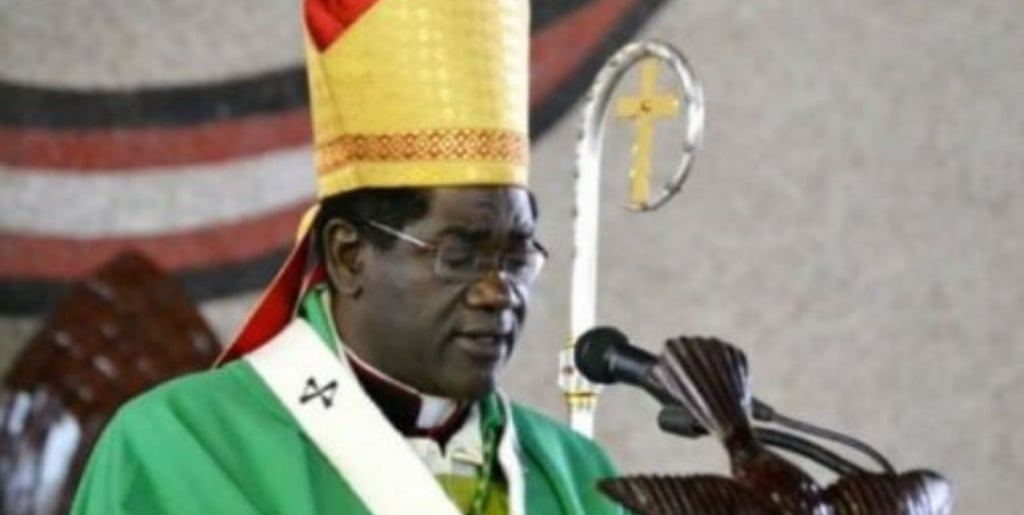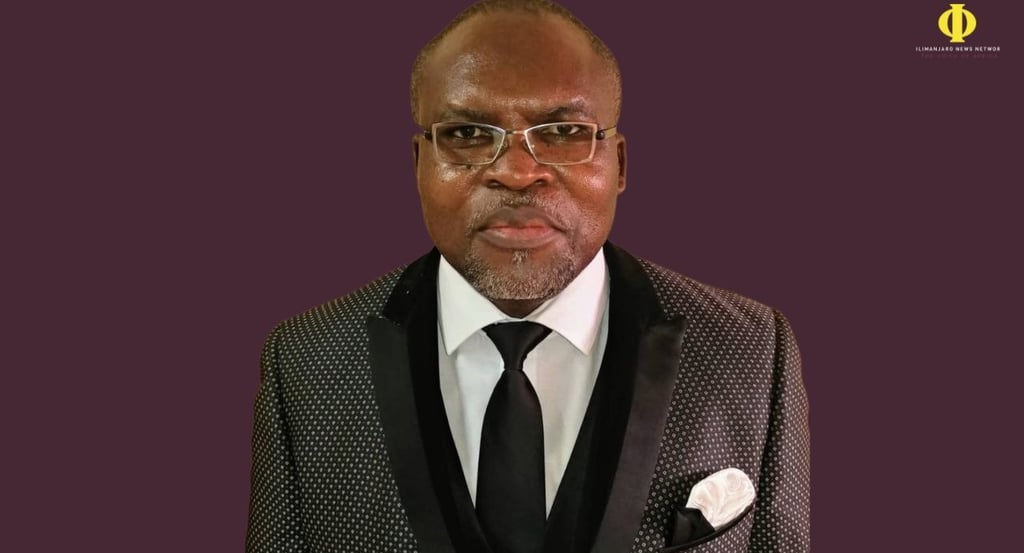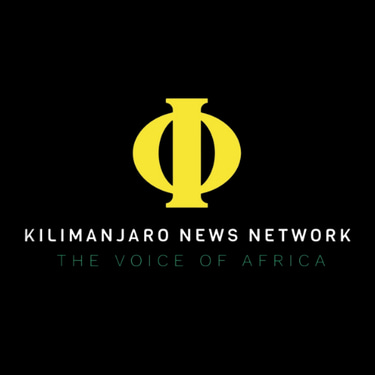Who Is Worse in Cameroon: The Church or Paul Biya?
History remembers the clergy who stood in the path of tanks and faced down apartheid. In Cameroon, history is taking notes of a different kind. It is recording the sight of bishops and pastors who, armed with the truth of a stolen election, have chosen to swallow their tongues, becoming the silent guardians of a corrupt status quo they are morally obligated to destroy. How does a man of God look his congregation in the eye after witnessing a great injustice and saying nothing? How does he accept their meager tithes, given in faith, when he has abandoned them to the wolves of a fraudulent regime? This is the quiet crisis unfolding in Cameroon, where the Church’s silence is not merely a failure of leadership, but a sacrilege.
OP-ED
11/21/20253 min read


The Unforgivable Silence: How Cameroon’s Church Became a Pillar of Oppression
There is a special kind of betrayal that is worse than the crime itself. It is the betrayal by those who are meant to be a moral compass, a refuge for the oppressed, and a voice for the voiceless. In Cameroon, while the political machinery of Paul Biya, operated by the likes of Atanga Nji, Dion Ngute, and Ngoh Ngoh, grinds the people into the dust, a more profound sin is being committed in the hushed halls of the church. It is the sin of complicity through silence.
The church in Cameroon is not ignorant. It sent out its own election monitors. Its bishops and pastors saw with their own eyes the grotesque theatre of electoral farce. They possess the truth of the stolen votes, the silenced voices, the hollowed-out legitimacy of a regime that has clung to power for decades. And yet, what have we heard? A deafening, cowardly, and utterly unforgivable silence.
This is not merely a failure of strategy; it is a failure of faith. The very institution that should be leading the charge for justice has instead become a silent accomplice to injustice. It has forgotten its own history and its highest calling. Where is our Desmond Tutu, who stood fearlessly before the apartheid regime and declared that to be neutral in a situation of injustice is to side with the oppressor? Where is our Martin Luther King Jr., who reminded us that "the time is always right to do what is right"?
The tragedy of Cameroon is not that bad men like Paul Biya do bad things. That is their nature. The real tragedy, the one that chills the soul, is that good men, men who call themselves witnesses of Christ, shepherds of their flock, do nothing. How can these bishops and pastors look their congregations in the eye on Sunday? How can they extend their hands to receive the alms and tithes from poor, beleaguered citizens, money given in faith and hope, when they have so completely betrayed that trust? They accept the widow’s mite with one hand and offer a hollowed-out blessing with the other, while refusing to challenge the system that keeps her in poverty.
The path to Christ is not paved with prayer alone. True prayer is in doing. It is in action. It is in the courage of John the Baptist, who confronted a king and lost his head for speaking truth to power. So we must ask: Where is the John the Baptist in Cameroon’s church?
Where are the Pentecostal “prophets” who can fill stadiums for weeks on end, who speak in tongues and perform elaborate spectacles? Where is their voice now, when the very fabric of justice is being torn apart? Are they waiting for the wind to blow over, only to emerge later and call for a fast, demanding tithes for a "breakthrough" they were too timid to help achieve? Their silence exposes a devastating truth: that for many, the pulpit is not a platform for liberation, but a business venture. Being a man of God is not about amassing wealth, building mansions, and driving luxury cars; it is about speaking truth to power, no matter the consequences.
And what of the venerable Catholic Church, with its immense moral authority and organized structure? What is it doing? It documented the truth, and then buried it in a drawer. It has the network, the influence, and the duty to organize the people towards their God-given right to freedom and self-determination. Yet, it remains paralyzed, a lion that has chosen to meow.
This is not just a political crisis; it is a profound spiritual one. The silence of the church is a louder sermon than any preached on Sunday. It preaches that power is to be feared more than God. It preaches that comfort is more valuable than courage. It preaches that the cross is a piece of jewelry, not an instrument of sacrificial love.
To the men and women of the cloth in Cameroon: History is watching you. Your congregations are watching you. Your God is watching you. The threat to justice anywhere is a threat to justice everywhere, and to remain silent in the face of gigantic theft is to be unchristian. It is time to find your voice. It is time to lead, or forever be condemned as the generation of shepherds who sold their flock for a moment of quiet peace with their oppressors.




